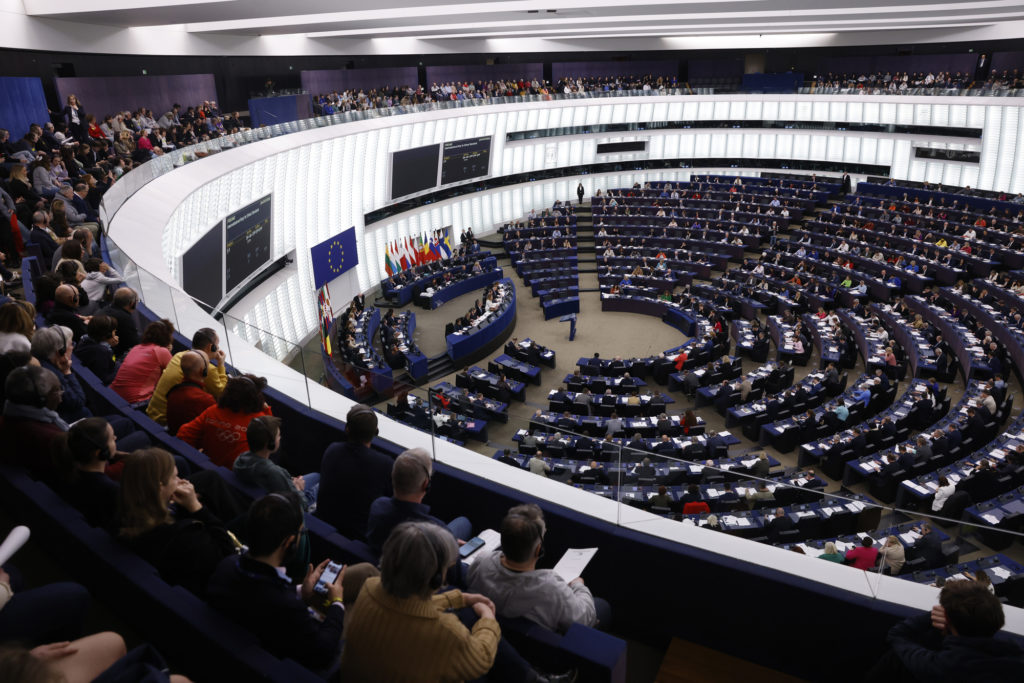EU will try again to choke off Putin’s war machine with 18th sanction package this week, after Slovakia blew whole plan apart

The EU may revisit the vote on its 18th sanctions package against Russia as early as 18 July after the bloc’s representatives failed to reach a consensus on Wednesday, 16 July. The deadlock stems from Slovakia’s opposition, which is tied to the European Commission’s gas policy.
According to The Guardian, Slovakia is demanding guarantees on Russian gas supplies and wants changes to the European Commission’s plan to phase out all Russian gas imports by 2028. Slovak Prime Minister Robert Fico has said he aims to reach a compromise with the EU by 15 July.
“No green light today on Russian sanctions during debate with
ambassadors. They may return to the issue on Friday,” reports Rikard Jozwiak from Radio Free Europe/Radio Liberty.
The proposed sanctions package reportedly includes:
A “dynamic mechanism” for pricing Russian oil, 15% below the market price, which is approximately $47 per barrel
- A ban on operations involving the Nord Stream gas pipelines,
- Sanctions against a Russian oil refinery operating in India,
- Restrictions on two Chinese banks assisting Moscow in evading sanctions,
- Measures targeting Russia’s “shadow fleet” transporting energy resources outside sanctions regimes.
Meanwhile, Estonia has warned it will block the package if the provision to lower the oil price cap is removed, ERR writes.
“We have a very clear position that the oil price cap reduction must be included in this package. We hold a very firm stance on this issue,” Estonian Foreign Minister Margus Tsahkna says.
At the same time, Lithuanian Foreign Minister Kęstutis Budrys has expressed hope that pressure on Russia will only intensify, according to Delfi. He has also announced that the country will begin its work on the next 19th sanction package after the 18th is adopted.
“The next package should follow, and we will continue this process until the Russian war machine either chokes or shuts down due to lack of revenue,” he has noted.
Unanimity remains the EU’s only path to advancing sanctions policy, and Russia has proven adept at exploiting this vulnerability.